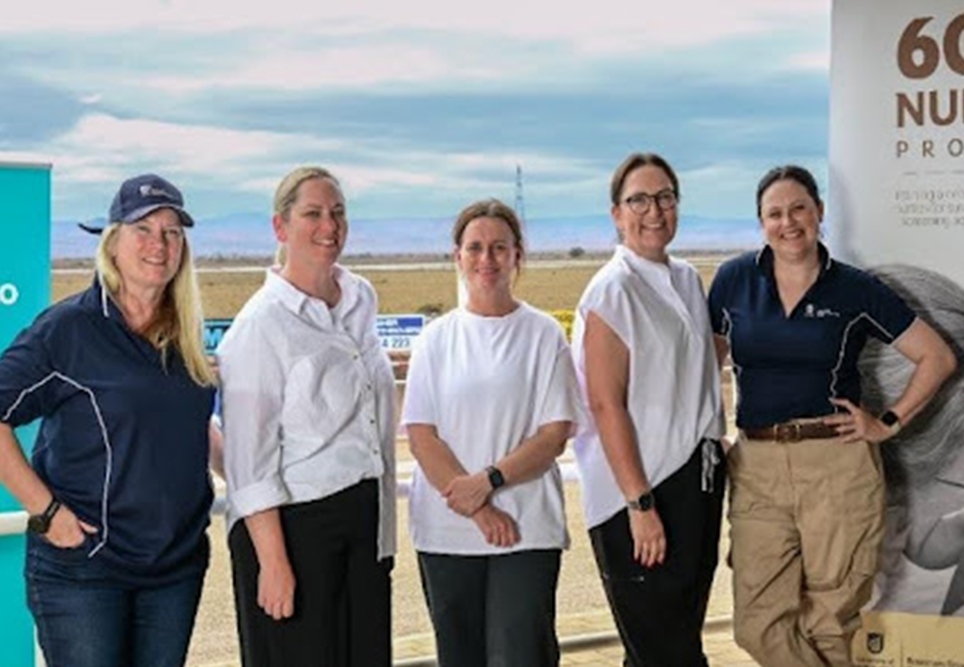This site may not work properly using older versions of Edge and Internet Explorer. You should upgrade your browser to the latest Chrome, Firefox, Edge, Safari, or any other modern browser of your choice. Click here for more information.
Your Stories
This is where we tell your stories, cover topical issues and promote meaningful initiatives.
From pilot to national impact: The evolution of the 600 Nurses Project
Two years after launching a South Australian pilot, Project Check Mate has evolved into a national program, the 600 Nurses Project, training nurses across rural Australia to detect skin cancer.
When Project Check Mate launched in December 2022 with pop-up clinics at regional South Australian events, the Rosemary Bryant Research Centre team at the University of South Australia had ambitious hopes but modest expectations. The pilot, funded by The Hospital Research Foundation Group and supported by Skin Check Champions, aimed to address a critical gap: with skin cancer rates 30 per cent higher in regional areas, and only 550 dermatologists serving the entire country.
What began as training nurses for screenings at regional community events has transformed into the 600 Nurses Project – a national initiative demonstrating how targeted pilots can create lasting change.
Building on early success
The original approach proved its worth quickly. At pop-up clinics like the Opal Festival in Coober Pedy and Clare Valley SGA Gourmet Week, trained nurses effectively used dermoscopy equipment to capture digital images for GP and dermatologist review. The model worked: demonstrating accessible nurse-led skin checks with clinical oversight through established referral pathways.
“The pilot showed us that nurses were not just capable of this work – they were embracing it,” says Professor Marion Eckert, Director of the Rosemary Bryant Research Centre.
Scaling beyond pop-ups
Australia’s 1,400 annual melanoma deaths, disproportionately affecting rural communities, demanded a response beyond occasional festival screenings. The 600 Nurses Project represents this scaled vision – training primary care nurses across regional Australia in dermoscopy and AI-assisted skin cancer detection within existing healthcare infrastructure.
The evolution from pop-up clinics to permanent practice addresses a key limitation: moving from one-time screening events to continuous care. A cornerstone of this expansion is the newly launched Professional Certificate in Clinical Dermoscopy by the University of South Australia. This 13-week course equips nurses with advanced dermoscopy skills, lesion imaging, AI-supported assessment and referral pathways through online learning and hands-on clinical experience.
Proven impact
The numbers are compelling: over 50 nurses trained, more than 1,200 people screened, and 485 suspicious lesions detected. More importantly, the program demonstrates that nurse-led skin cancer detection is not just viable but preferred by many communities.
As one Port Lincoln nurse practitioner notes, “Appointments are offered more readily than GP-only clinics. Where suspicious lesions are detected, I can escalate promptly to our GPs for review and management.”
The transformation from Project Check Mate to the 600 Nurses Project illustrates how thoughtful pilots can evolve into systemic change, building rural and remote healthcare capacity while maintaining the collaborative spirit that made the original project successful.
If you would like to join the project as one of the ‘600 Nurses’, reach out to the team at RBRC@unisa.edu.au
